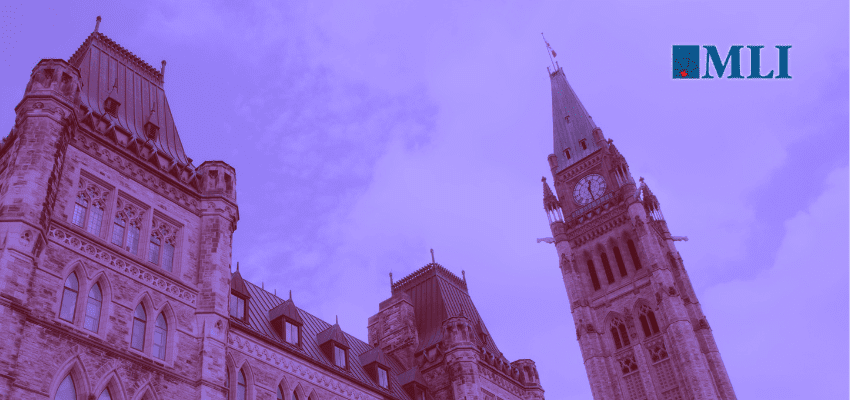This article originally appeared in the Hub.
By Sarah Teich, June 19, 2024
The federal bill aimed at countering the long arm of foreign interference and transnational repression in Canada is strong but not strong enough.
Bill C-70, tabled May 6, proposes various amendments to the CSIS Act, the Security of Information Act, and the Criminal Code. It would also, if passed, enact the long-awaited foreign influence registry, the Foreign Influence Transparency and Accountability Act.
In one crucial area of improvement, it is critical that Canadian authorities communicate with individuals who are targeted by foreign interference and transnational repression. To date, in many instances, this has not happened. A high-profile example of this occurred last year. When news broke that threats had been made against Conservative MP Michael Chong by agents of the Chinese government, it became evident that Canadian authorities had failed to disclose those threats to Chong or his family.
Bill C-70’s amendments to the CSIS Act would allow information to be disclosed if the disclosure “is essential in the public interest” and if “that interest clearly outweighs any invasion of privacy that could result from the disclosure.” The addition of Section 19 (2.1) to the CSIS Act appears to provide an alternative path to disclosure of threats, but only if the information does not contain any personal information of a Canadian or person in Canada, or the name of a Canadian entity or corporation. While disclosure could never be permitted in all instances—Canadian law must always balance privacy rights—it is not clear if these amendments go far enough in striking the proper balance.
On the other hand, the proposed amendments to the Security of Information Act are significant and strong. Under the new Section 20 (1), every person who “at the direction of, for the benefit of or in association with, a foreign entity or a terrorist group, induces or attempts to induce, by intimidation, threat or violence, any person to do anything or to cause anything to be done” could be found to have committed an offence.
Section 20 (2) broadens the extraterritorial application of this offence, and sections 20.1 (1), 20.2 (1), 20.3 (1), and 20.4 (1) create additional offences. Critically, Section 20.4 (1) could help protect vulnerable political processes, such as nomination contests, from foreign interference. Finally, proposed amendments to Section 22 of the Security of Information Act widen the act’s preparatory offences and raise the maximum penalty for their commission.
Further, the enactment of a foreign influence registry would enable greater transparency regarding foreign influence in political and governmental processes. Anyone besides diplomats and other exempted persons who enter an arrangement with a foreign principal would be required to register within 14 days and provide information as to that arrangement.
However, the kind of information that must be registered will be outlined in regulations that have yet to be made. Section 4 of the foreign influence registry act necessarily limits these requirements to political and governmental processes, thereby excluding instances of foreign influence that occur in other realms.
It is encouraging that a commissioner of foreign influence would be able to conduct investigations and would be given the powers to compel witness attendance and document production, it is likely that enforcement of registration requirements will prove challenging. Foreign interference and transnational repression may be carried out with the involvement of proxies and proxy organizations, and the provision of indirect benefits, which may present challenges in investigations and enforcement.
Bill C-70 is also limited by what it noticeably lacks. Amendments to the Criminal Code are restricted to the sabotage offences, the first offence of which already existed. It does not create a specific foreign interference offence, nor does it create the offence of refugee espionage, which is criminalized in some European countries. Strikingly, Bill C-70 does not propose the addition of a definition of “transnational repression” to the CSIS Act or to any of the other pieces of legislation it proposes to amend or enact.
Overall, Bill C-70 is a good bill, with numerous significant amendments. However, it is not even close to a panacea. Further laws are needed, as well as policies, to ensure that acts of foreign interference and transnational repression are appropriately criminalized, to ensure that law enforcement authorities have the tools and the training to respond to such instances, and to ensure that victims of foreign interference and transnational repression have proper recourse and protection.
Sarah Teich is an international human rights lawyer, a senior fellow at the Macdonald-Laurier Institute, and an author of Combatting Transnational Repression and Foreign Interference in Canada.






